
How to help prevent and clean cloudy glasses
Offering cloudy wine glasses to dinner guests can be frustrating, especially when you know they’re clean. Discover how to clean cloudy drinking glasses before your next gathering—and find out how to prevent a milky film in the future—with the step-by-step guide below.
Why are my glasses cloudy from the dishwasher?
Etching or hard water mineral deposits can leave clean glassware looking hazy. Etching can occur over time as detergent combined with soft water, high water temperature and low soils erodes the surface, leaving behind small scratches and dings that irreparably damage glassware’s appearance. On the other hand, drinking glasses cleaned in hard water are prone to mineral deposits like calcium and magnesium that cling to surfaces and create a cloudy, milky coating. This kind of build up can usually be removed with the right steps.
Can I make cloudy glasses crystal clear again?
Restoring clarity to cloudy drinking or wine glasses is a simple process when hard water mineral deposits are to blame. Etched glasses, however, are permanently damaged on the surface and can’t be repaired. Follow the steps below to discover if your cloudy glassware can be cleaned and learn how to remove hard water stains from glasses.
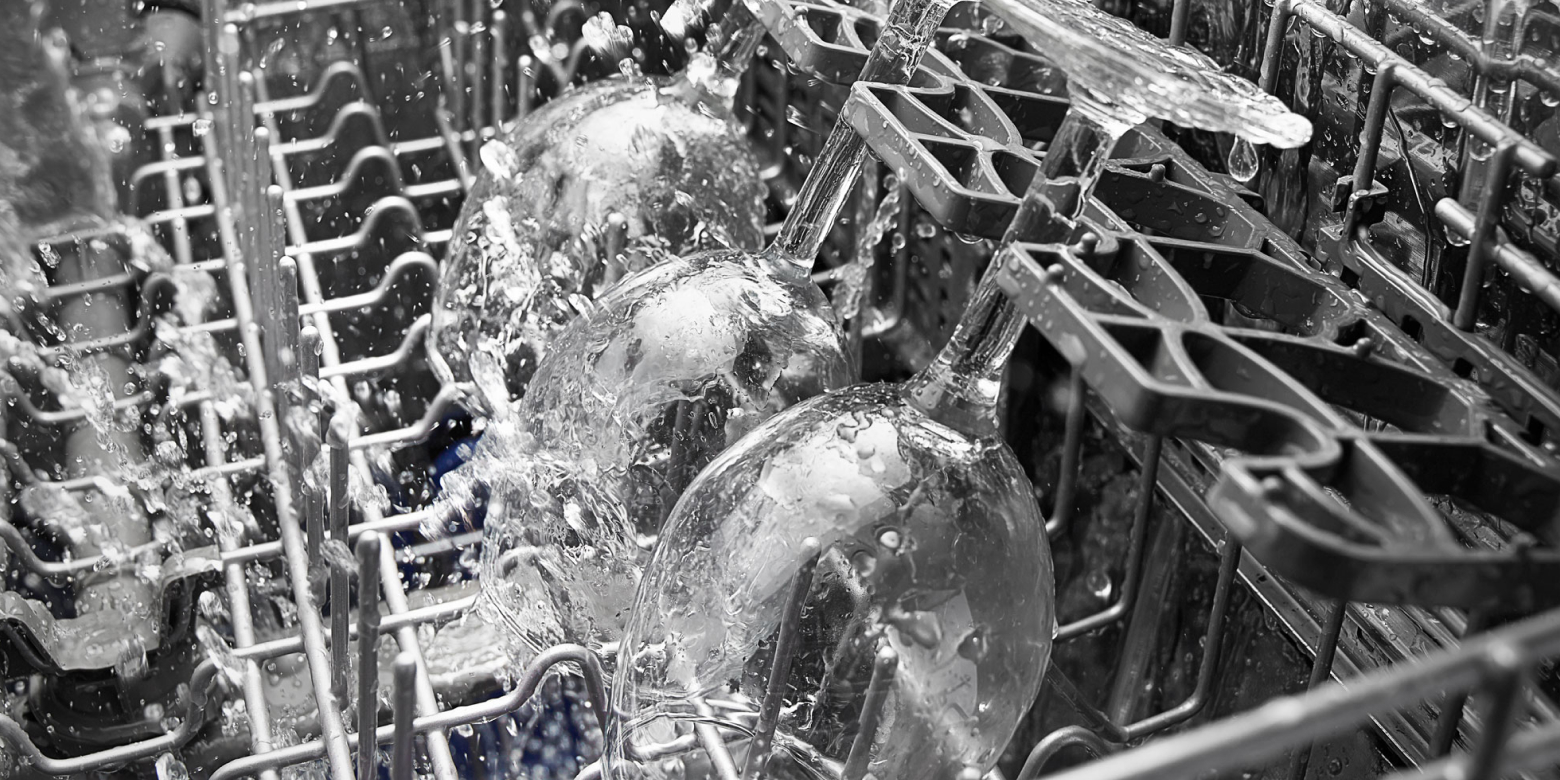
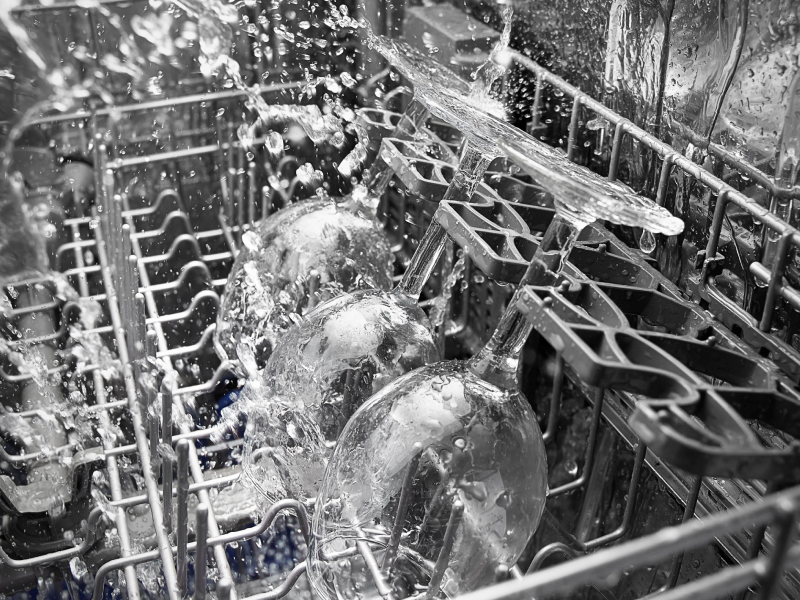
How to help remove cloudy film from glass
Supplies
White vinegar
Dish soap
Warm water
Sink or deep dishpan
Tools
- Dish towel
Microfiber
Sponge

Step 1: Find the cause
Determine if your glasses can be cleaned by performing a quick spot test to help identify etching or hard water buildup. Dip a dish rag in vinegar and gently rub the glass in a circular motion. If film begins to lift from the glass, mineral deposits are responsible for its milky appearance and you can continue to step two to remove them. If the glass remains foggy, etching is likely the cause and it can’t be fixed.
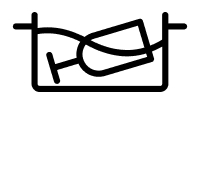
Step 2: Soak in vinegar
Place glasses affected by mineral deposits sideways in the sink or in a deep dishpan, then cover them with vinegar and allow them to soak fully immersed for 15 minutes.

Step 3: Wash by hand
Drain the sink or remove glasses from the dishpan, then gently hand wash them using dish soap and warm water.

Step 4: Dry
Quickly dry glasses with a microfiber cloth, as air drying could cause water spots to form.
Glasses that are cloudy from mineral deposits may clean up well with an acid-based solution like vinegar, but they’re still prone to becoming foggy as they continue washing in hard water. Read on to learn about preventing glasses from becoming cloudy as they get clean in the dishwasher.
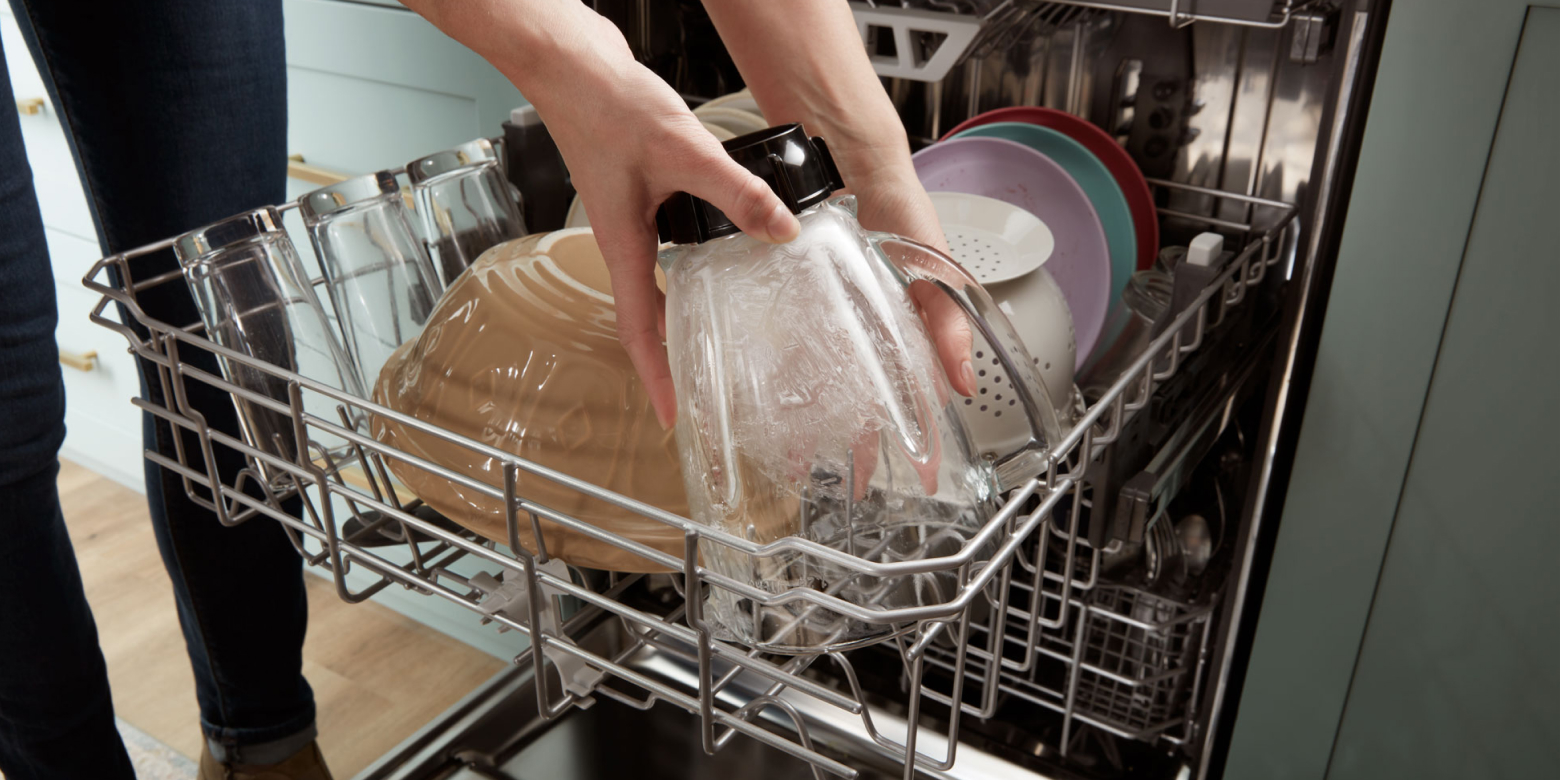
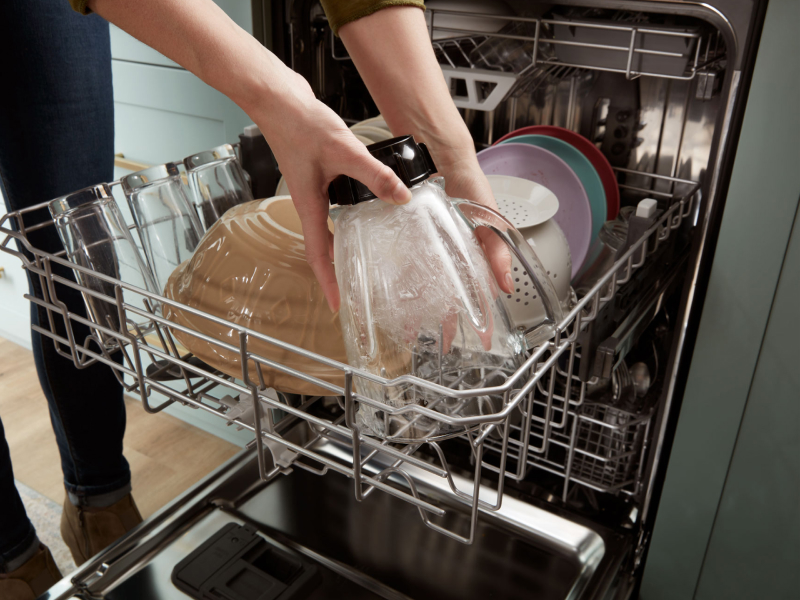
How to clean cloudy wine glasses
Soak cloudy wine glasses in vinegar for around 15 minutes, then hand wash in warm, soapy water. Dry them with a soft cloth to help prevent water spots. Remember to hold your wine glasses by the bowl as opposed to the stem as they are delicate.
Some dishwashers include special tines to hold wine glasses in place. While you can wash your wine glasses in the dishwasher, mineral deposits can still form and cause them to become cloudy depending on your water. If this happens, follow the steps above.
Tips to prevent cloudy glasses from the dishwasher
You can help drinking glasses keep their sparkle with a few modifications to the way you wash. As you prep glassware for the dishwasher and begin the cycle, be sure to:
- Add a rinse agent
Wash with a water temperature below 140°F
Skip the Sani Rinse or Hi Temp Wash Options
Avoid excessive pre-rinsing
Wash a full load
Use less detergent with soft water and follow packaging instructions
Regularly clean your dishwasher to help prevent mineral buildup
Shop Whirlpool® dishwashers
Dishwashers from Whirlpool brand feature the functionality you need to take care of mealtime messes. From convenient features on select models like the 1-Hour Wash Cycle to flexible options like the 3rd Level Rack, Whirlpool® dishwashers have what your family needs to load it and leave it.
Discover more from Whirlpool Brand


home heartbeat
Ready for more tips, home hacks and appliance guides?

